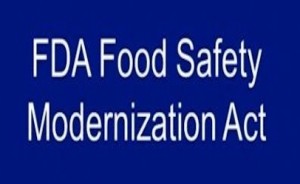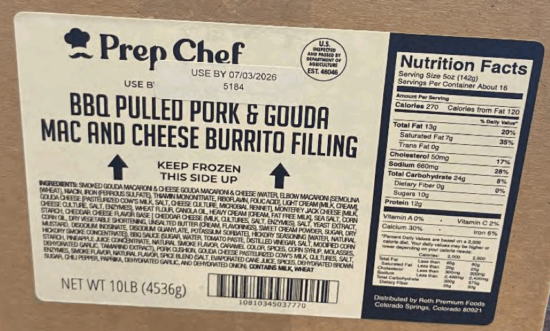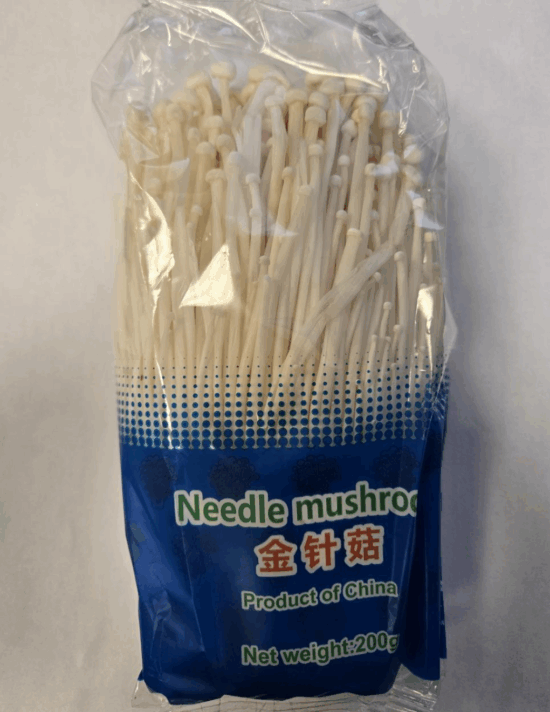In 2019 and 2020, Wilbert Finley was a production manager with food safety responsibilities at Kraft Heinz’s Newberry, SC, plant, producing bacon and other packaged meats. Things became contentious when Finley repeatedly paused production because of safety concerns about the products, including improperly sealed bacon packages (“leakers”) and overly large bone fragments.
Kraft Heinz is the third-largest food and beverage company in North America and the fifth-largest food and beverage company in the world, with eight $1 billion+ brands
Finley regularly raised these concerns with his supervisors and with human resources, claiming that inadequate employee training and staffing shortages posed food safety concerns. He reported improper use of bone-detecting X-ray machines on a weekly basis and shared with his supervisors that he was finding excessive bone in the bacon.
When Kraft Heinz fired Finley, he sought protection under the 2011 Food Safety Modernization Act (FSMA). Finley saw his firing as nothing more than retaliation by his employer because he had blown the whistle on improperly sealed bacon packages known as “leakers,” which allow pathogens to enter the meat and cause bone fragments to be in dangerous sizes. On regular occasions, he brought these concerns to supervisors and HR to warn about food safety being at risk due to the “leakers” and bone fragments.
Kraft Heinz denied that Finley was terminated for his food safety concerns. According to the company, Finley was not honest during an HR investigation into the botched firing of another employee, and that’s why they fired him. At the trial court level, Judge Timothy M. Cain of the District Court of South Carolina sided with Kraft Heinz.
Finley filed an appeal with the Richmond, VA-based U.S. Court of Appeals for the Fourth Circuit. He won this latest round with a July 28 opinion written by Judge Pamela A. Harris, in which Judge Thomas T. Cullen and Judge Stephanie D. Thacker joined.
The three-judge panel agreed to vacate the earlier District Court summary judgment that had favored Kraft Kein and remand the case back down to the trial court “for further proceedings consistent with this opinion.”
The Harris opinion explained where the District Court was coming from this way:
“The magistrate judge evaluating Kraft Heinz’s motion for summary judgment concluded that Finley was unable to establish a prima facie case of ‘contributing factor’ causation as is required for an FSMA claim.
“The judge and parties agreed that the FSMA requires a plaintiff to show (1) that he engaged in protected activity, (2) that he experienced an adverse employment action, and (3) that his protected activity was a contributing factor in the adverse employment action. On element one, the judge assumed without deciding that Finley’s complaints would constitute protected activity under the FSMA. On element two, Kraft Heinz did not dispute that Finley’s termination was an adverse action.
“Focusing on the third contributing factor, causation element, the magistrate judge acknowledged the “undoubtedly close temporal proximity” between Finley’s food safety” argument.
He received complaints in February and was terminated in March. But, the judge explained, causal inference normally raised by such temporal proximity was “severed” here.
The 20-page opinion closely tracks how Finley’s concerns were followed by his dismissal.
“In weekly meetings, Finley reported improper use of x-ray machines meant to detect bone, and shared with his supervisors that he was finding too much bone in the bacon.” Judge Harris wrote. “But according to Finley, his supervisors told him to continue processing the product and not to discard it. On the occasions when Finley stopped production to address the risks of adulterated meat, he was criticized by his direct supervisor and the plant manager and told not to shut down the lines.”
“Frustrated, Finley began running back and forth from the line to management’s offices with packages of the bacon, opening them up and showing the bones in the meat. The rate of complaints picked up in early 2020. On January 25, February 17, February 18, and March 2, Finley shared data documenting meat quality issues with his supervisors. On March 12, Finley raised concerns about insufficient staffing, including the removal of a specialized food-safety employee. Twelve days later, on March 24, 2020, Finley was suspended pending review, and two days after that, on March 26, he was terminated.
“Two weeks earlier, on March 12, HR instructed one of Finley’s subordinates, Bobby Clark, to terminate four of the employees he supervised. The termination of three of them proceeded without incident: After having Finley add his signature to the relevant forms.”
Clark walked the employees out of the plant and deactivated their badges. But one of the employees, Yolanda Gaines, was not at work on March 12. So while it is undisputed that Finley and Clark both signed Gaines’s termination form, and the form was turned into HR on March 12, it appears that nobody actually fired Gaines. Instead, Gaines, upon her return, continued to work until March 24, when HR realized she was still there. Hence, the Investigation into the non-firing of Gaines.
(To sign up for a free subscription to Food Safety News, click here.)



